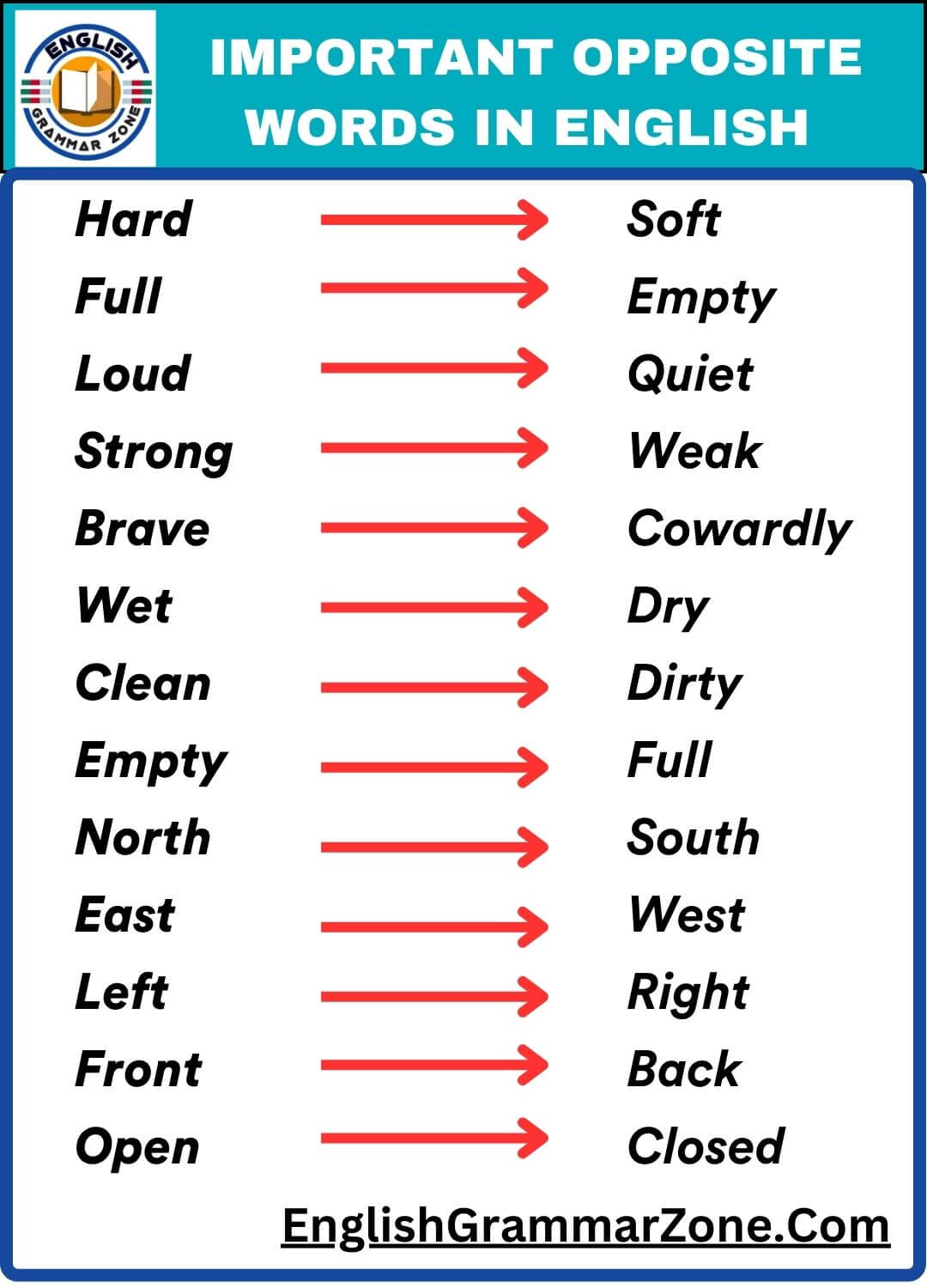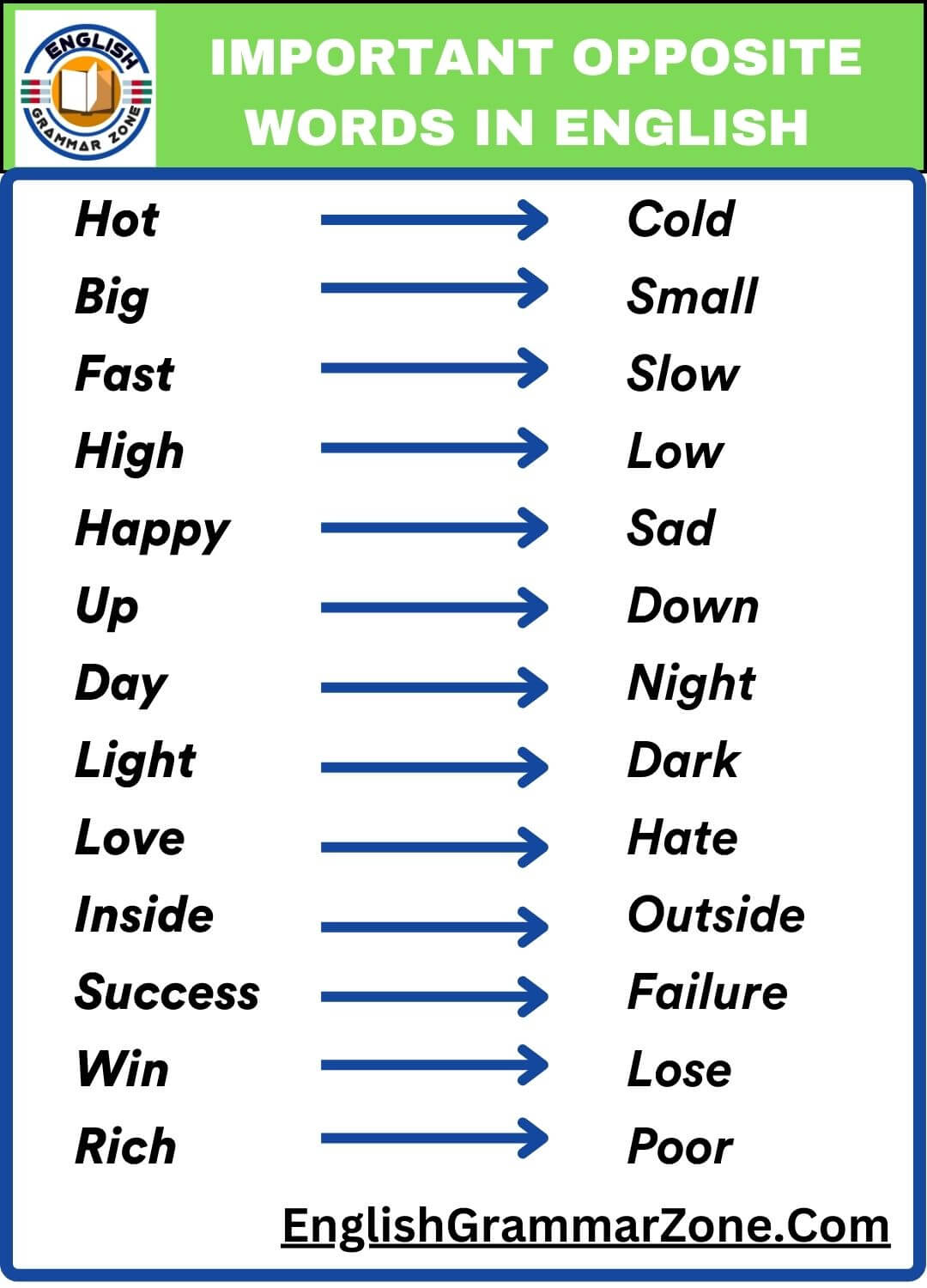Expanding your English vocabulary is one of the most effective ways to improve your communication skills. Whether you’re a beginner or an advanced learner, having a rich vocabulary opens up endless opportunities to express yourself clearly and confidently. It’s not just about memorizing words; it’s about using the right word at the right time. In this article, we will explore simple strategies to help you expand your English vocabulary, allowing you to become a more skilled and effective communicator.
When you have a strong vocabulary, you can better understand what others are saying and make your own points more effectively. Plus, knowing more words helps you understand the meanings behind texts, whether it’s a book, article, or conversation. The more words you learn, the better equipped you’ll be to deal with various situations, whether in daily life, at work, or during your studies. So, if you’re serious about improving your English skills, expanding your vocabulary is the first step!
Important Opposite Words in English
- Hot – Cold
- Big – Small
- Fast – Slow
- High – Low
- Happy – Sad
- Up – Down
- Day – Night
- Light – Dark
- Love – Hate
- Inside – Outside
- Success – Failure
- Win – Lose
- Rich – Poor
- Good – Bad
- Young – Old
- Hard – Soft
- Full – Empty
- Loud – Quiet
- Strong – Weak
- Brave – Cowardly
- Wet – Dry
- Clean – Dirty
- Empty – Full
- North – South
- East – West
- Left – Right
- Front – Back
- Open – Closed
- Fresh – Stale
- Healthy – Sick
- True – False
- Big – Little
- Thick – Thin
- Shallow – Deep
- Sweet – Sour
- Bright – Dull
- Rough – Smooth
- Narrow – Wide
- Long – Short
- Safe – Dangerous
- Smart – Stupid
- Loud – Soft
- Warm – Cool
- Forward – Backward
- Near – Far
- Start – Finish
- New – Old
- Sweet – Bitter
- Clean – Messy
- Front – Rear
- Empty – Occupied
- True – Fake
- Early – Late
- Empty – Full
- Sharp – Dull
- Hard – Easy
- Thick – Thin
- Wet – Dry
- Strong – Weak
- Tall – Short
- Peace – War
- Smooth – Rough
- Upstairs – Downstairs
- Summer – Winter
- Joy – Sorrow
- Public – Private
- Light – Heavy
- Day – Night
- Accept – Reject
- Add – Subtract
- Borrow – Lend
- Buy – Sell
- Can – Cannot
- Come – Go
- Create – Destroy
- Employed – Unemployed
- Encourage – Discourage
- Export – Import
- Expand – Contract
- Famous – Unknown
- Found – Lost
- Gain – Lose
- Give – Take
- Help – Hinder
- Include – Exclude
- Increase – Decrease
- Inside – Outside
- Join – Separate
- Kind – Cruel
- Laugh – Cry
- Lead – Follow
- Left – Right
- Less – More
- Listen – Talk
- Love – Hate
- Make – Break
- Marry – Divorce
- Mature – Immature
- Minor – Major
- Open – Close


Frequently Asked Questions About Expand Your English Vocabulary
How long will it take to expand my English vocabulary?
Expanding your vocabulary is a gradual process that takes time. The more consistently you practice, the faster you’ll see improvement. If you make a habit of learning new words daily, you can expect to notice significant progress within a few months.
What are the best resources for expanding my English vocabulary?
There are many resources available to help expand your vocabulary. Online platforms like vocabulary apps, websites, and even YouTube channels can help. Also, reading books and articles in English is one of the most effective ways to come across new words.
Should I focus on learning difficult words or simple ones?
It’s important to strike a balance between learning simple and complex words. Start with the basics and gradually move to more challenging words as you become more comfortable. Focus on words that are useful for daily conversations and situations you are likely to encounter.
How can I remember new words?
To remember new words, practice them regularly in writing or conversation. Flashcards, mnemonic devices, or associating words with images can also help make the words stick. Repetition is key to ensuring the words become part of your long-term memory.
Is it better to learn vocabulary in context or by memorizing lists?
Learning vocabulary in context is often more effective than memorizing lists. When you encounter words in sentences, you learn how they’re used naturally. This will help you remember and apply them more easily.
Conclusion
Expanding your English vocabulary doesn’t have to be a difficult or boring task. With consistent practice, patience, and the right strategies, you can gradually increase your word bank and become more confident in your communication. Remember, the key is to use new words in context and keep practicing until they become second nature. So, start today, and begin your journey to expanding your English vocabulary!

